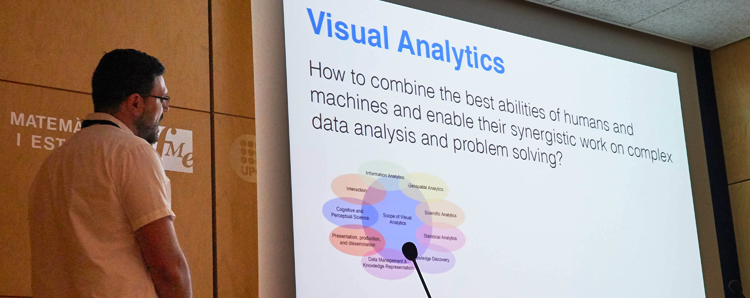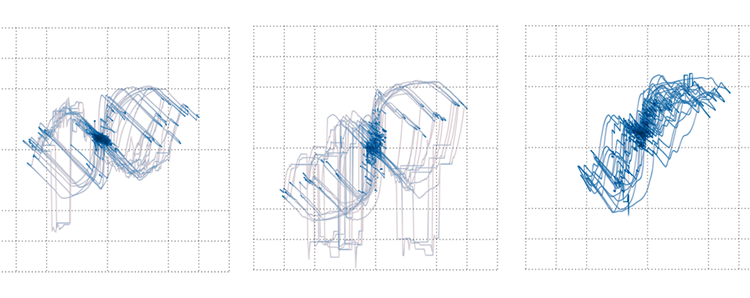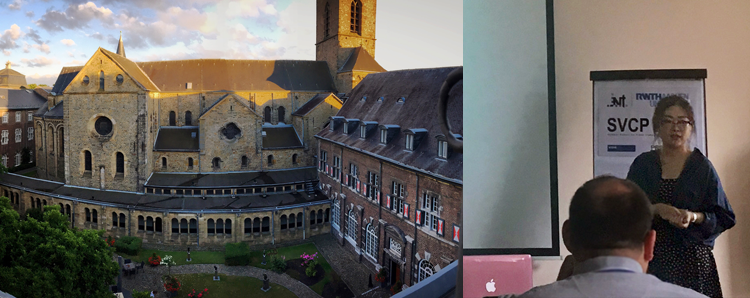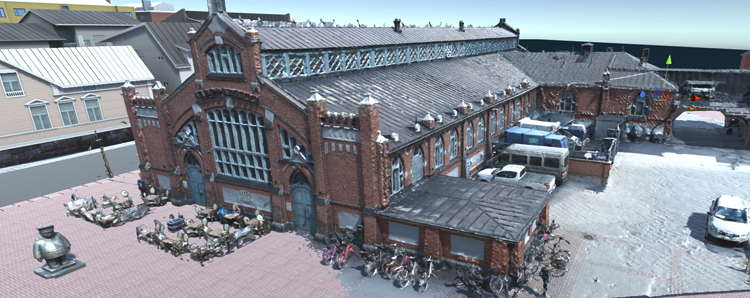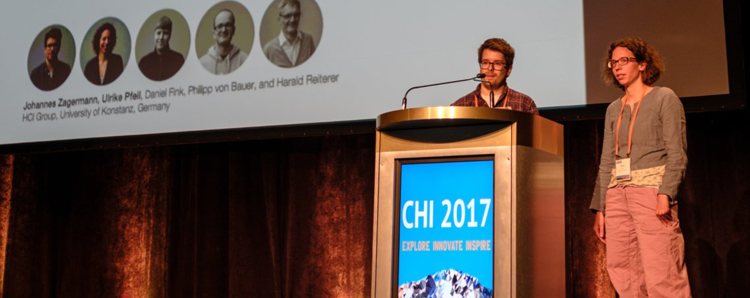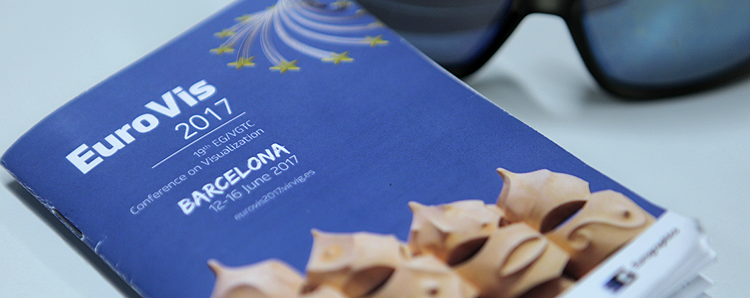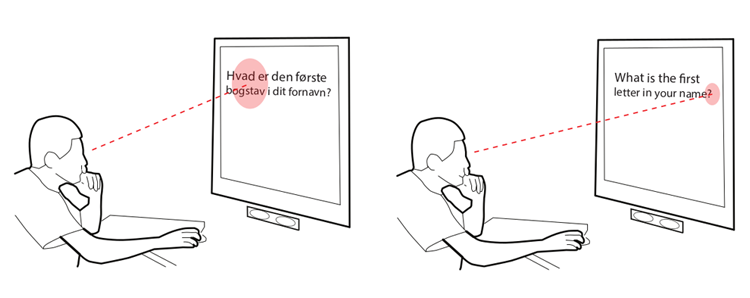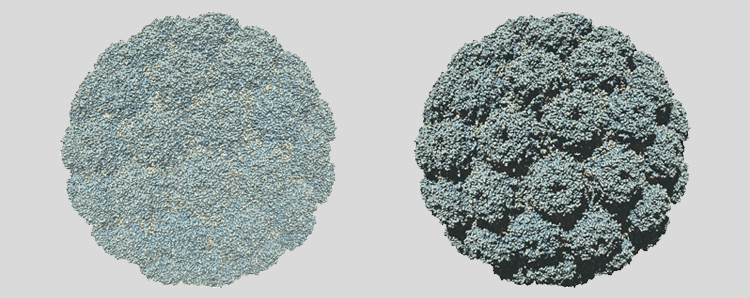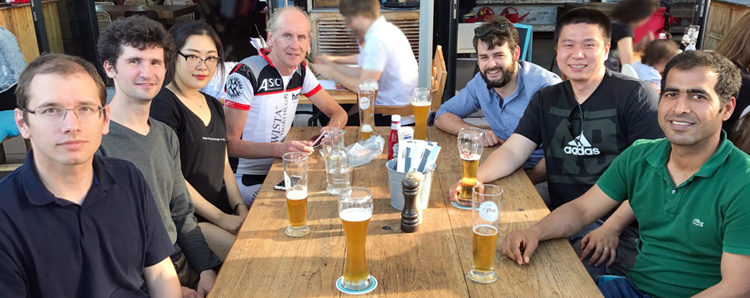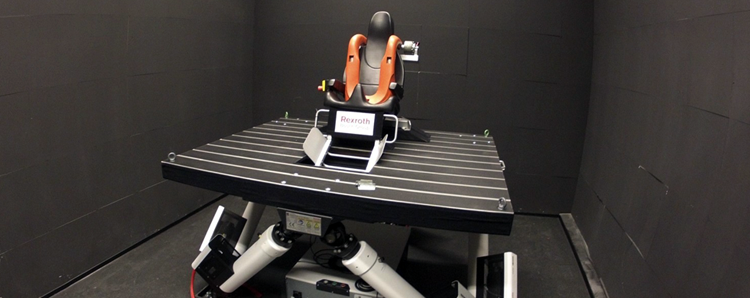The 8th International EuroVis Workshop on Visual Analytics (EuroVA) has once again been a successful venue for Visual Analytics (VA) research. EuroVA was co-located with the EuroVis conference in Barcelona. The workshop stands for an open forum in which new researchers in the field and established seniors can discuss their latest contributions with a well-established audience.
Visual Analysis Insights at EuroVA in Barcelona
